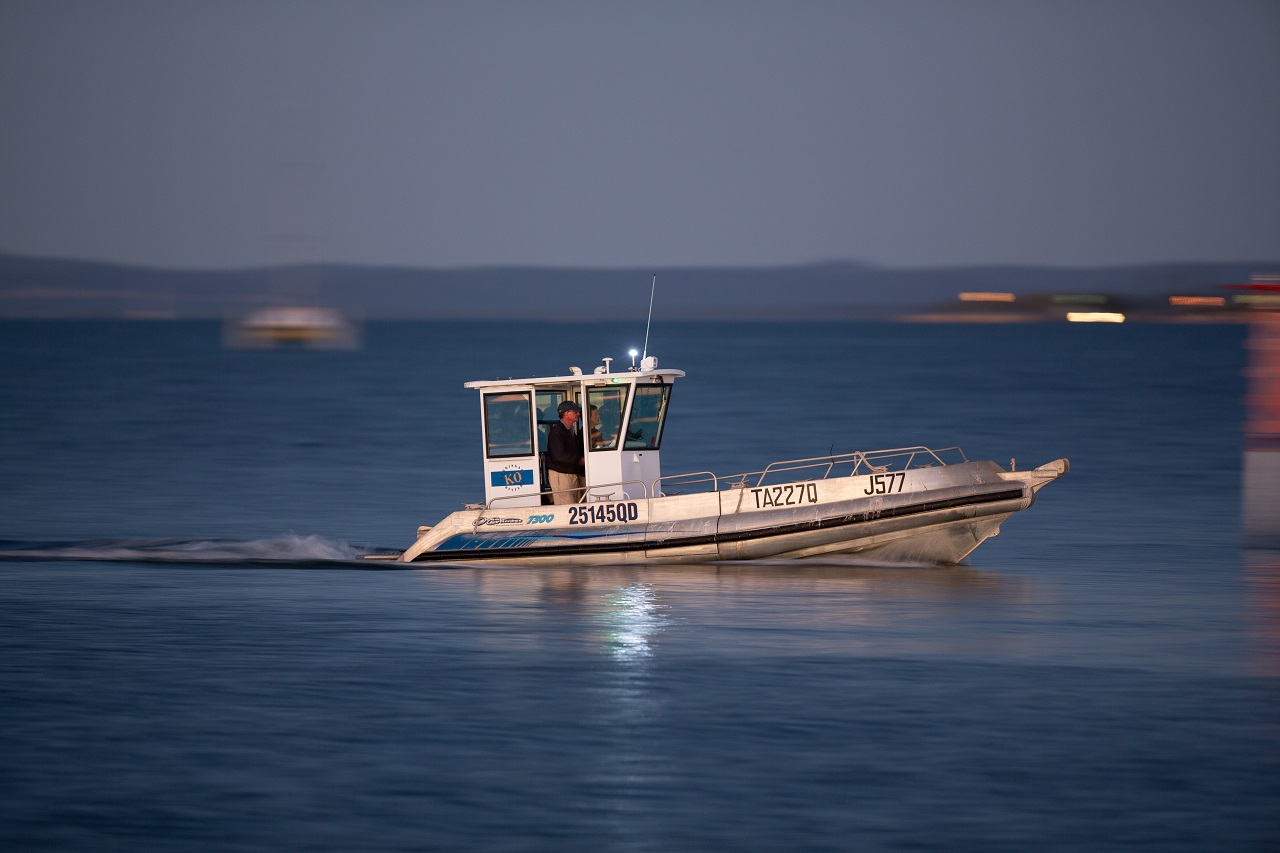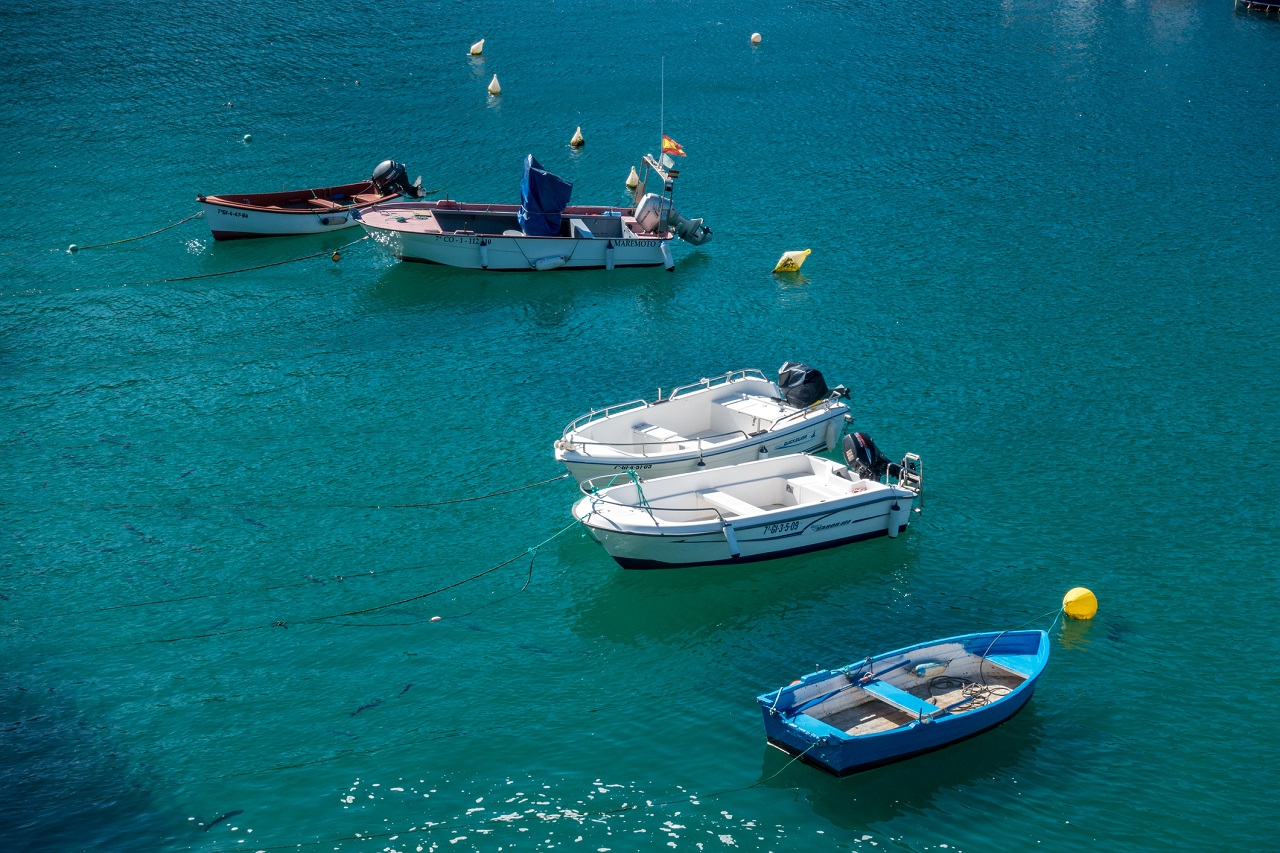The requirements that apply to your tender may depend on when it entered service.
New tenders generally entered commercial service from 1 July 2013.
Existing tenders are tenders that were in service in the two years prior to 30 June 2013, which continue to operate in the same manner and which are not modified.
Generally, a tender will need to meet certain design, construction and equipment standards, operate under a safety management system and be crewed by persons with the appropriate certificate of competency.
Find out more about the rules that apply to your tender.
Like all commercial vessels tenders must have appropriate markings.
If your tender is associated with a parent vessel, it does not have to have its own unique vessel identifier (UVI) but still must be appropriately marked in one of the following ways.
- Display the words ‘tender to’ followed by the name or UVI of the parent vessel.
- Display the UVI of the parent vessel followed by ‘- T’.
- Display the name of the owner of the vessel followed by the word ‘tender’.
If your tender does not operate with a parent vessel you must obtain and display a UVI for that tender.
Learn more about UVIs and how to display them.


When people think of a tender, it is often a small vessel attached to a larger one, but this is not always the case. AMSA’s definition of a tender does not require the tender to have a parent vessel.
Under the national law a tender may operate without a parent vessel while in a marina or mooring area. These types of operations may include work boats that perform maintenance activities around marinas or transport passengers from a wharf to moored vessels. While these types of tenders may not be associated with a parent vessel many of the same rules apply to their operation.
While the operation of a tender associated with a parent vessel may be covered in the parent vessels safety management system a tender without a parent vessel must have its own dedicated safety management system.
Tenders without a parent vessel must also have their own unique vessel identifier.
Read more about inshore and marina use.
General safety duties
The general safety duties apply to all commercial vessel operations—even those that are grandfathered or operating under an exemption.
General safety duties include, but are not limited to:
- Provide and maintain the vessel so that it is safe,
- Ensure the safety of the vessel, people, marine safety equipment, and the operation of the vessel.
- Implement and maintain a safety management system (SMS) that ensures that the vessel and its operations are safe.
General safety duties, including the requirement to implement and maintain a safety management system apply to tenders as well.
Read more about your general safety duties